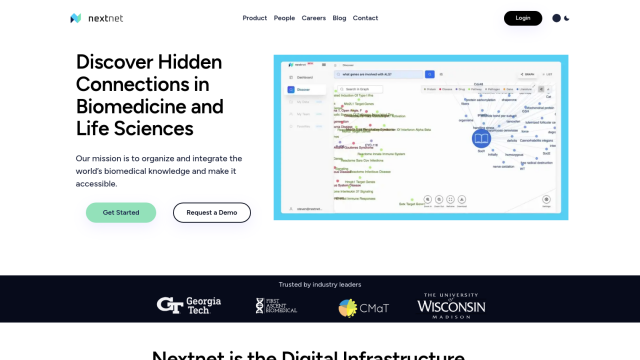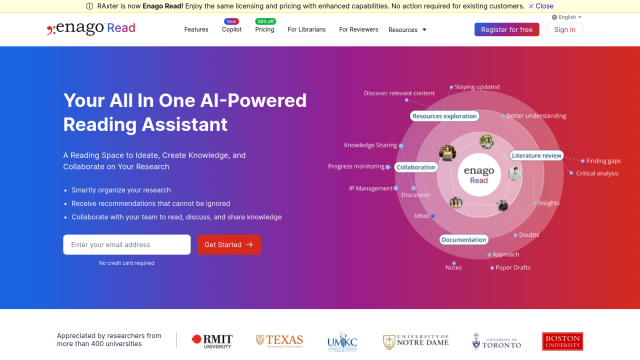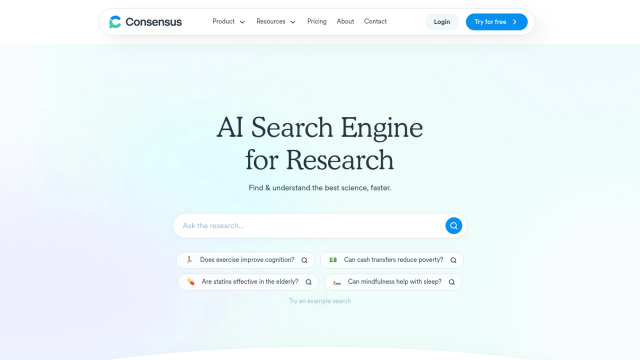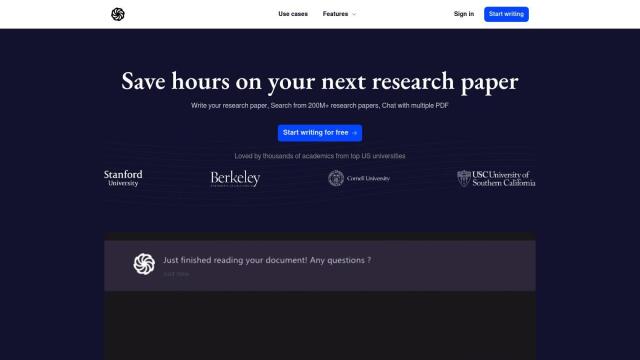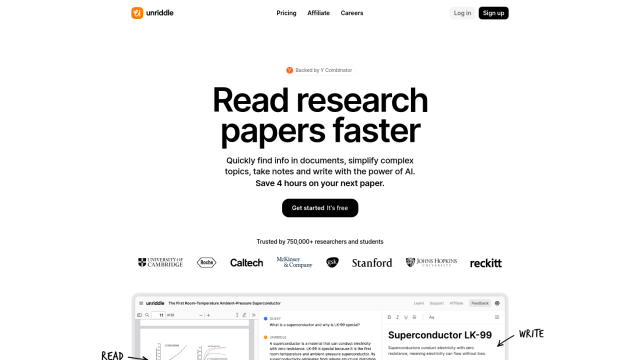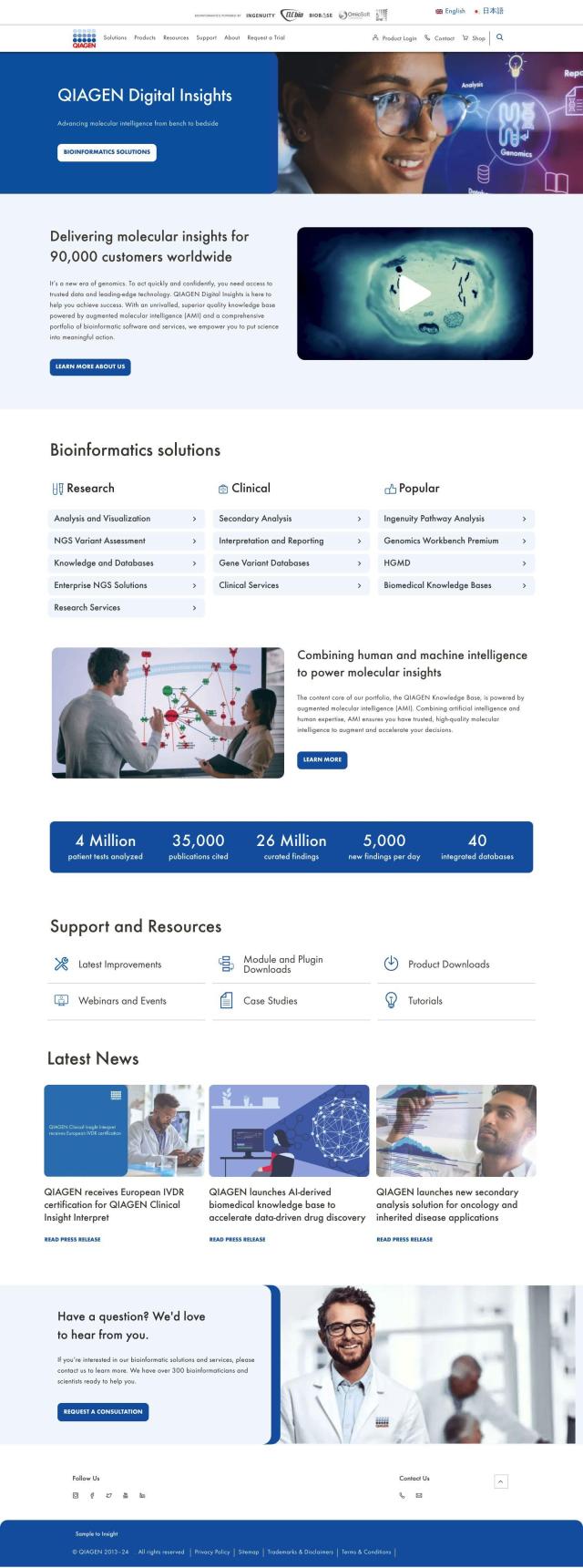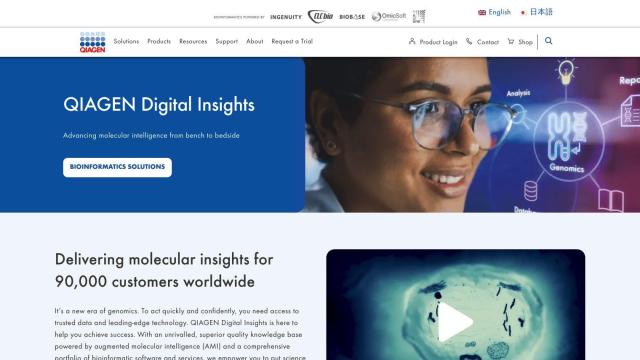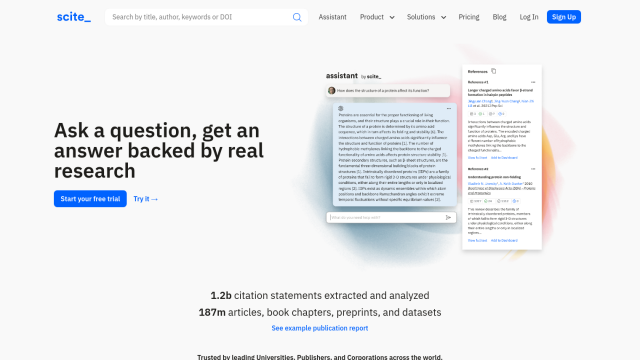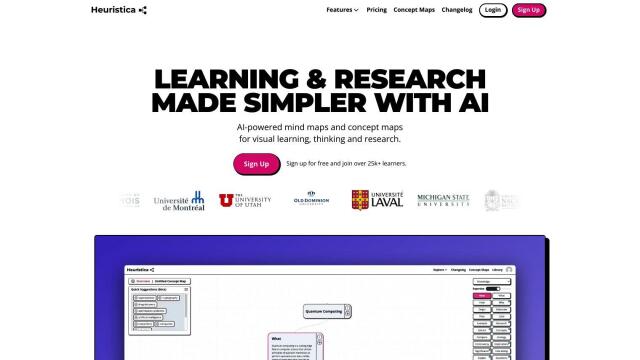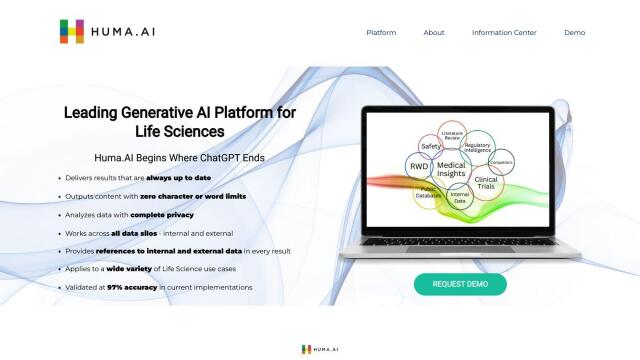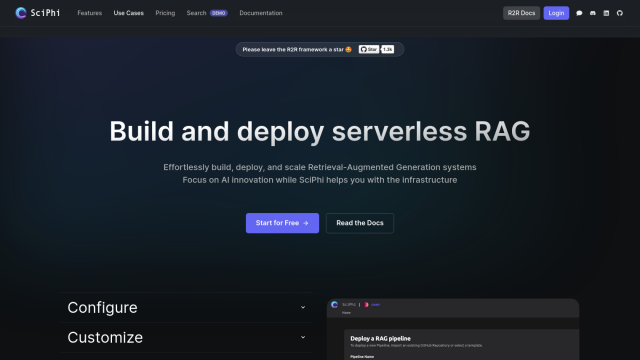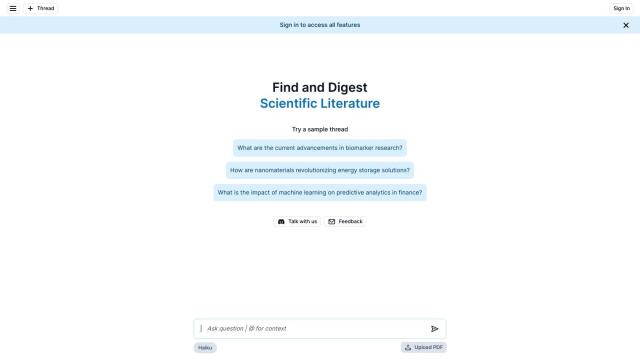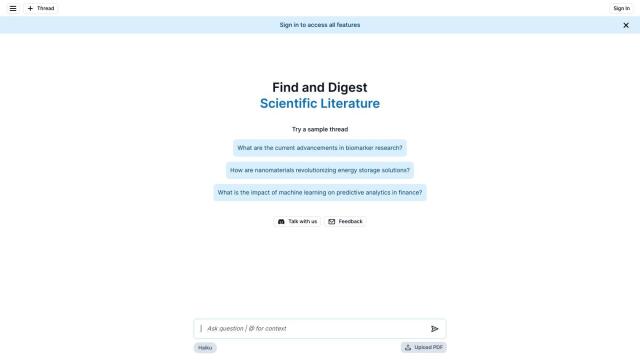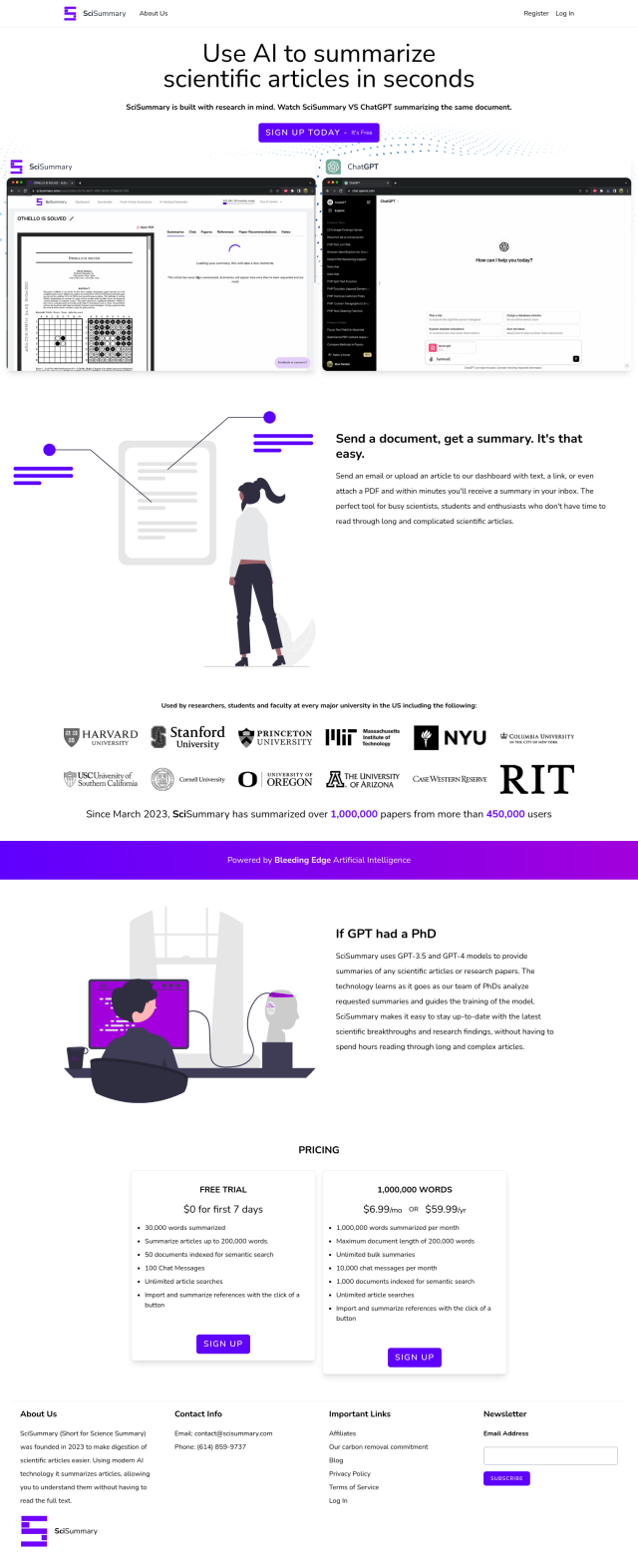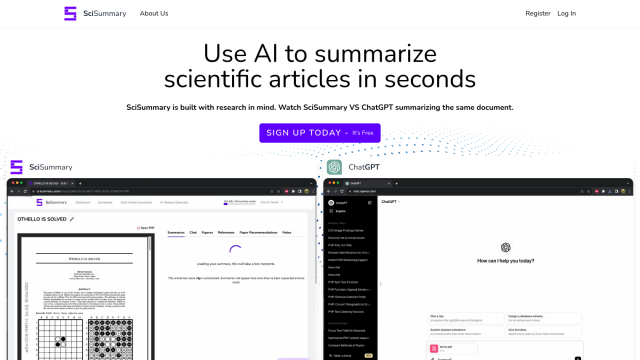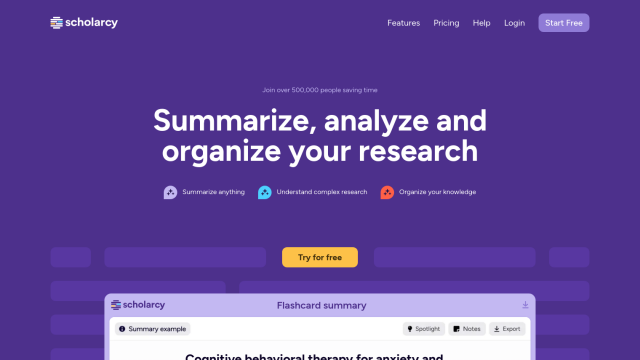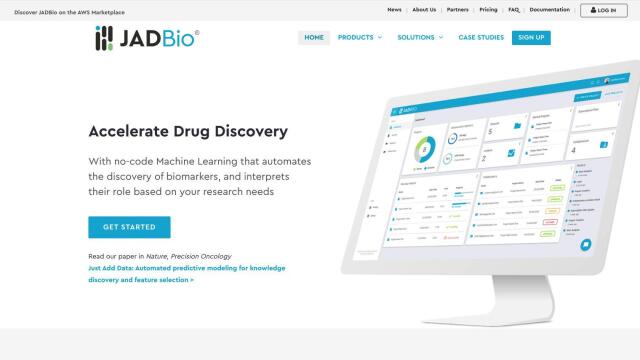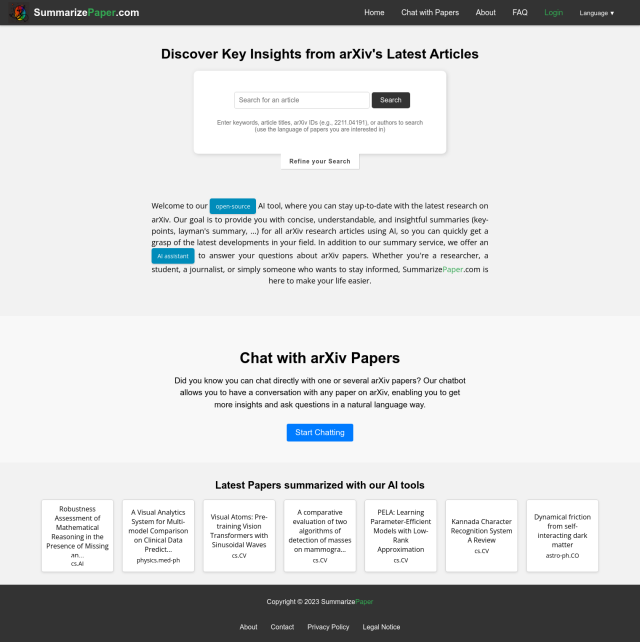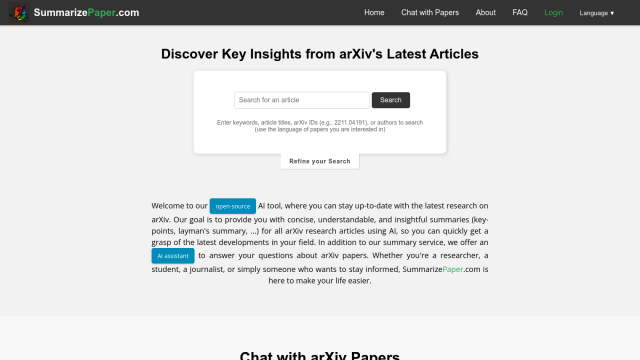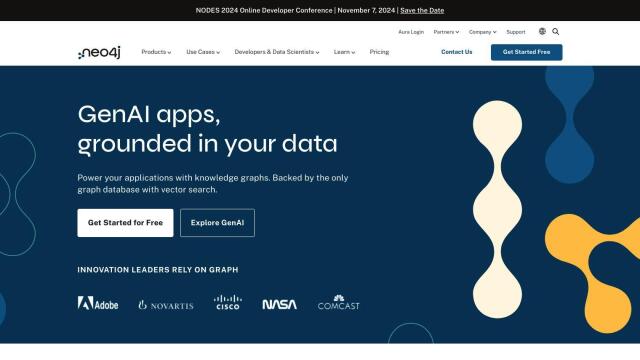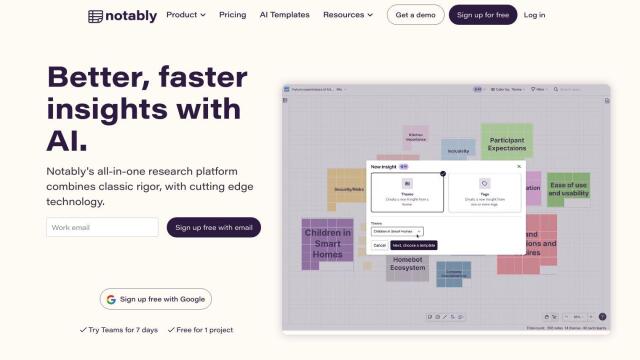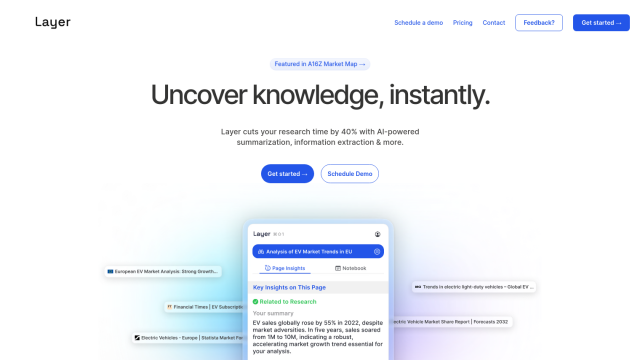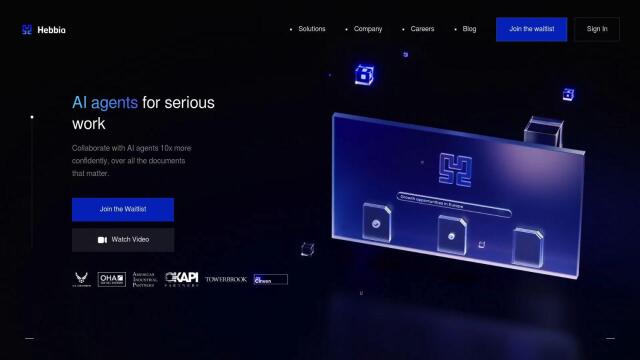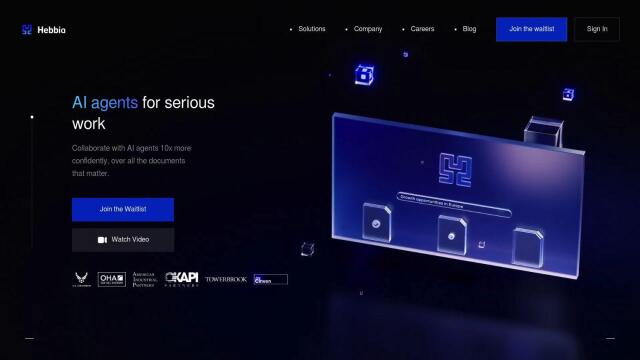

Elicit
If you're looking for another Nextnet alternative, Elicit is a good choice. Elicit is an AI research assistant to help you quickly locate, summarize and extract information from more than 125 million academic papers. It's geared for biomedicine and machine learning, for example, to speed up literature reviews and automate systematic reviews. It can extract data into formatted tables, identify themes and engage in a dialogue with the content of papers.

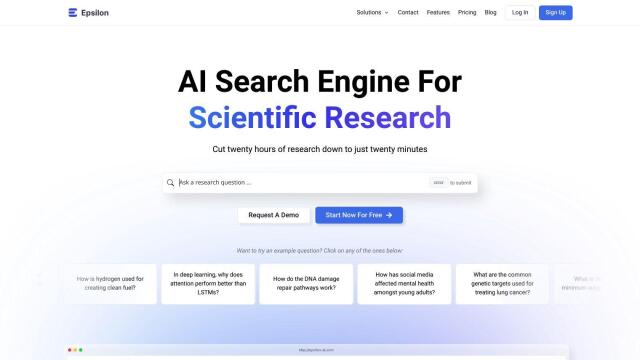
Epsilon
Another alternative is Epsilon. Epsilon is an AI-indexed search engine that can speed up scientific discovery with summarized answers directly in the search results, with inline citations, and with organized publications and patents. It's used by more than 30,000 researchers, and you can sign up for a free version with limited searches and unlimited paper uploads.


OpenRead
If you're looking for a broader search experience, check out OpenRead. This AI-boosted tool indexes more than 300 million papers and indexes them in real time from more than 20,000 journals. It's got tools like Paper Espresso to summarize paper content, Paper Q&A to ask questions about papers, and a Related Paper Graph to show relationships between papers. OpenRead also has tools for note-taking and organization so you can keep your insights alongside the papers you based them on.
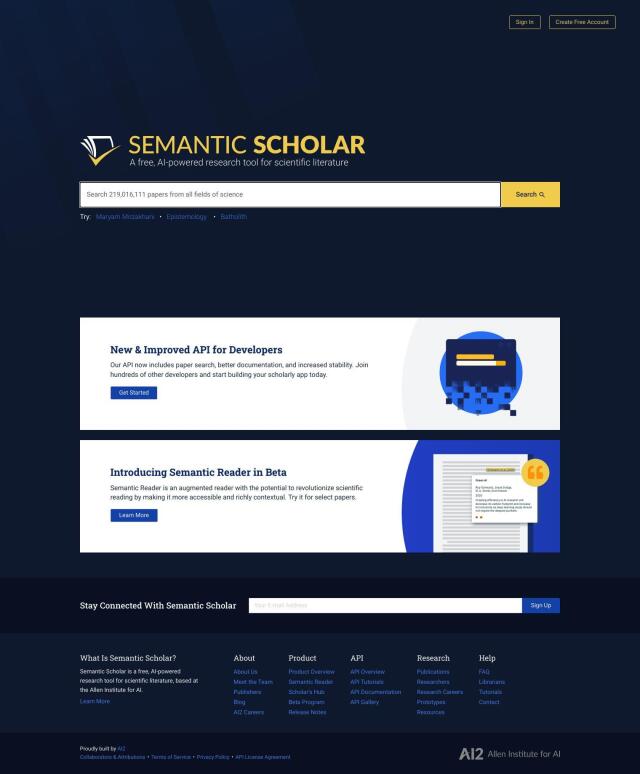
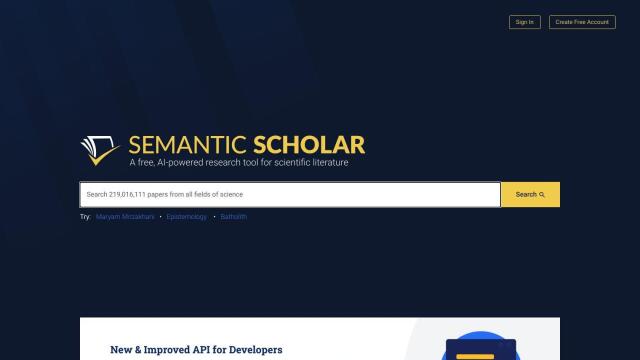
Semantic Scholar
Last, Semantic Scholar is a good place to start looking for and reading relevant scientific papers. With a database of more than 219 million papers in all fields, it's got powerful search filters, brief summaries (TLDRs) and tools to cite papers and manage your research. It also offers AI-indexed research feeds, automated email alerts and a dedicated dashboard to track research, all for free.

